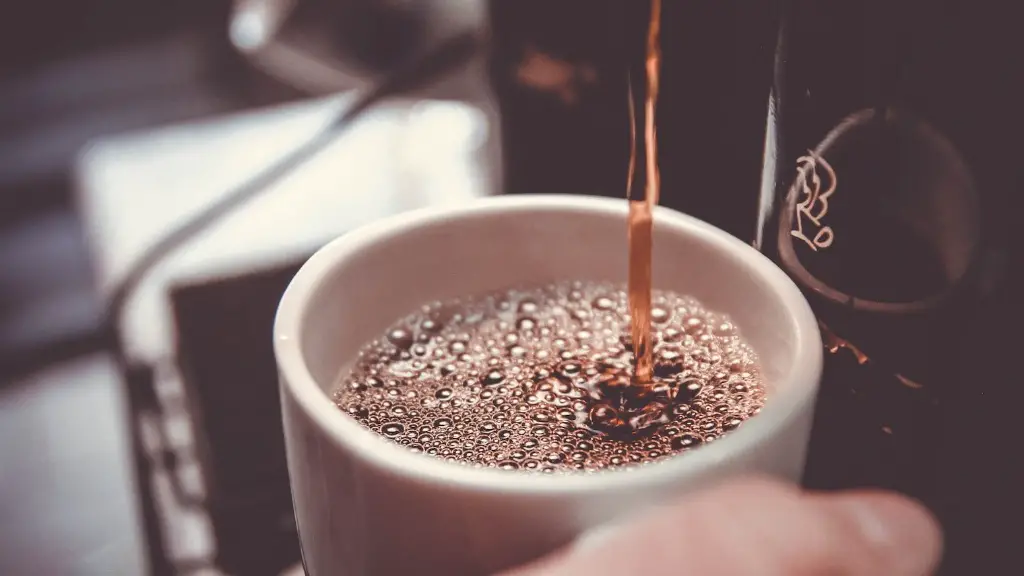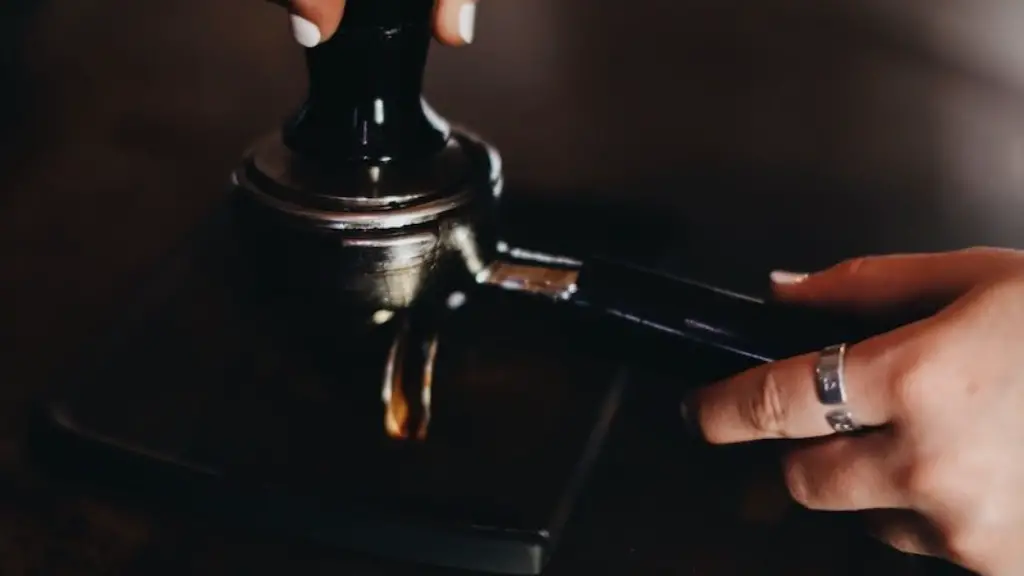Most people who drink coffee like to have it hot and made fresh. But what if you make more coffee than you can consume in a day? Is it okay to drink coffee that has been left out overnight? The answer is: technically it is safe, but the taste can degrade quickly and you could acquire an upset stomach.
Coffee is a complex mixture of over 1000 chemicals, many of which can change or evaporate with time. If your coffee is exposed to air for an extended period of time, some of its constituents, like volatile organic compounds, will evaporate and its aroma and taste will suffer. Besides this, bacteria from the air can settle on the coffee and grow, multiplying quickly in the absence of light and heat.
When it comes to safety, well- made coffee that has been left out is then still safe to drink the next morning. Bacteria present in the original beverage can survive overnight without a problem. The quality of the coffee, however, will suffer and the coffee will not taste as good as a freshly brewed cup. Coffee left outside for too long can develop an unpleasant, musty taste and can even encourage the development of mold.
Experts say that the key to safe consumption is proper storage of the coffee. Make sure you keep the coffee in a closed container and store it at room temperature or in a refrigerator. If you really like the taste of cold coffee, you can keep it in the freezer for up to a week, or else opt for cold brew with hot water.
Having said that, if you do find yourself drinking coffee that has been left out, do not overwhelm your stomach. Caffeine sensitivity, when combined with the acidic content of coffee, can have a lasting effect on the inner linings of your stomach. Thus,consuming too much coffee left out overnight may cause diarrhea and nausea, making it a good idea to limit the amount you drink.
Are flavoured coffees safe to consume?
It has become popular to combine flavored syrups in our coffees to make them more interesting. But when you leave that kind of coffee out, it becomes a different story. As those flavored syrups contain sugar, the presence of sugar encourages bacterial multiplication. So, if you’ve added syrup to your coffee, it is definitely not safe to leave it out overnight.
Drinking coffee left out for too long will not necessarily make you ill, however, it could make you feel queasy. When in doubt, try and keep your coffee in an air-tight container and store it in a cupboard to slow the oxidation process.
You can also opt for fresh coffee grounds made with filtered water. Place the coffee grounds in a filter and make a fresh batch of hot coffee when desired. This way, you can always get your hands on freshly brewed coffee without having to worry about its safety.
Does coffee age better?
It has been reported that some coffees may actually age better and taste better when left in an open container. The oxidation process releases the accumulated CO2, thus making the cup of coffee richer and creamier. Some coffee enthusiasts suggest that if you store your beans in an air-tight glass container and leave it out for 3 days (not exceeding 72 hours) it could actually enhance the flavor and texture of the coffee.
But one should keep in mind to use freshly-ground beans for this method, as pre-ground beans tend to quickly lose the CO2. This method does not guarantee safety but you could expect an excellent cup of aromatic and smooth coffee.
What about reheating coffee?
If you accidentally left coffee on the stove and it cooled down, can you heat it up again and drink it? Reheating coffee not only diminishes its flavor but also denatures some of the chemicals, making it potentially harmful for your health. The volatile organic compounds in freshly brewed coffee contribute to its aroma that get eliminated when you reheat it. Also, reheating coffee is known to increase the acidity of the beverage, thus leading to unwanted side effects like stomach irritation and headaches.
Finally, reheating coffee can also lead to the accumulation of toxins like acrylamide, which is an odourless and tasteless by-product that can form in your coffee when it is left on high heat. Consider these facts before you heat up your coffee to get an idea of the potential dangers involved.
Is it safe to store coffee in the fridge?
Storing coffee in the refrigerator leads to the condensation of water droplets from the air, usually found on the sides of the container. This poses a great risk of spoiling the freshly roasted beans and ruining the flavor of the beverage. In addition, the periodic temperature change in your fridge causes the oils of the coffee beans to degenerate and spoil the beverage. Thus, it is advised to keep your coffees safe by storing them in a cool, dark, and dry place.
Experts say that sealing the beans in an airtight container and storing it in the pantry can keep them fresh for up to 2 weeks. The container should be opaque and should let no light in. Also, it is best to keep your coffee whole until you are ready to use it. To retain maximum freshness, grind only the necessary amount that you need.
Can you freeze coffee?
Freezing your coffee for long-term storage can keep it fresh for longer. The key here is to find the perfect balance between time and temperature. Fluctuations in temperature cause water droplets to form on the beans, thus ruining their flavour. Opt for airtight containers that shield the beans from air and moisture to keep them fresh for longer.
Experts suggest that coffee should be frozen quickly, to preserve its natural taste and aroma. It is essential to break the beans into smaller pieces before freezing them. If coffee beans are frozen without breaking them down, they will not taste fresh. Coffee can stay frozen for a month, however it is best to use it within 2 weeks of freezing to maintain the desired taste and freshness.
Storing freshly brewed coffee
In the absence of your own brewing devices, freshly brewed coffee can be found readily available. But its shelf life reduces significantly after it has been brewed. Storing hot coffee in dishes like glass mugs, ceramic cups, etc. could be highly hazardous. They cause condensation to form and the water droplets can spoil the texture and taste of the coffee.
Freshly brewed coffee should be stored at room temperature in an airtight container. The container should be opaque, if possible, to prevent it from reacting with light. You can also pour it into a travel mug or a thermos if you are planning to take it with you on the go. It is important to finish the coffee within a day as it is difficult to keep it fresh after that.
Conclusion
In conclusion, coffee that has been left out overnight has some safety risks and the taste can degrade quickly. Experts suggest that the key to safe consumption is proper storage of the coffee. Drinks with sugar added should be discarded after eight hours, if possible, as sugar encourages bacteria growth. However, some people report that coffee beans stored with airtight containers may actually age better and taste better when left in an open container. Finally, one should try to finish the coffee within a day as it is difficult to keep it fresh after that.




